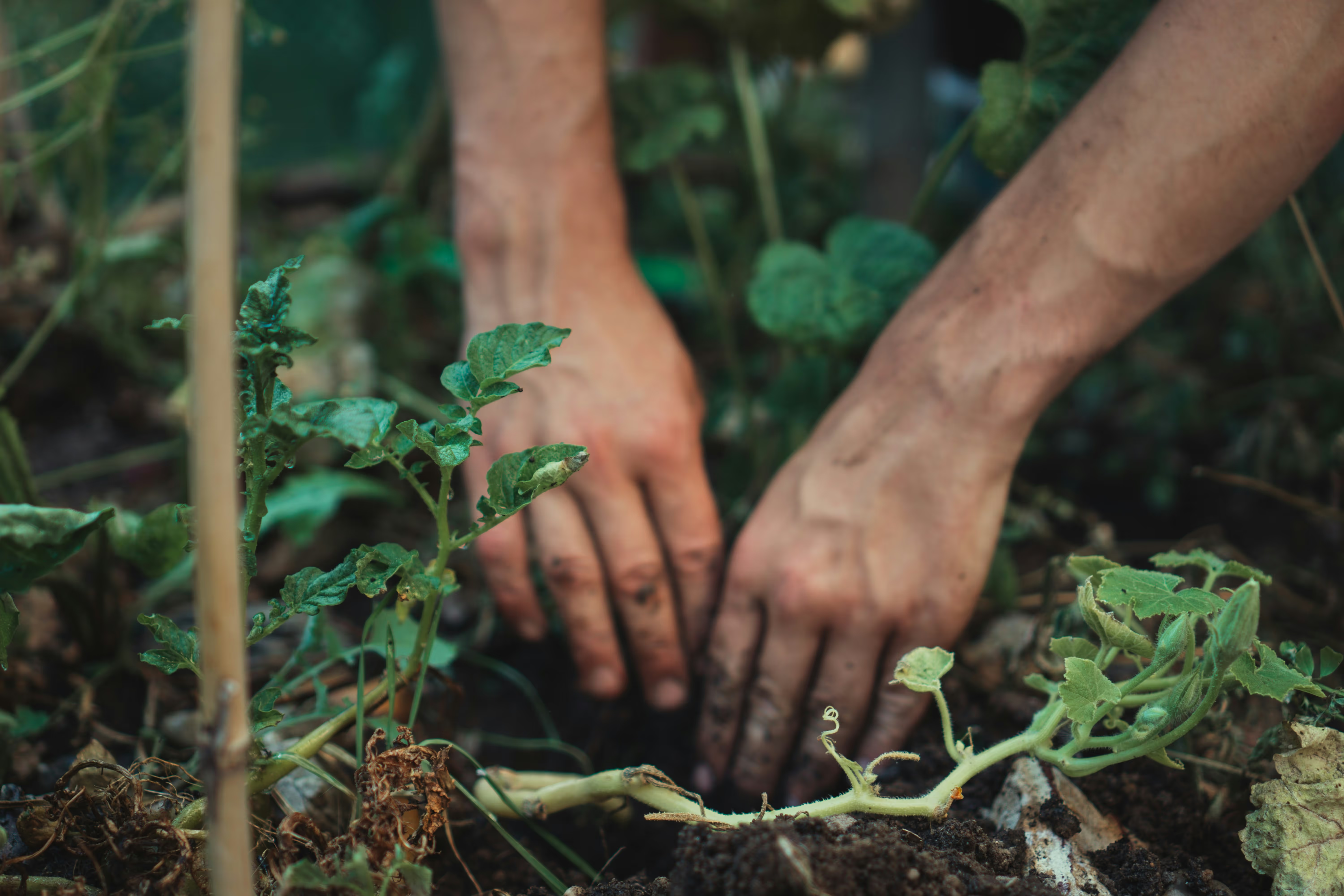Gardening is more than just a hobby—it’s a powerful tool for reducing stress and improving mental well-being. Whether you're tending to a backyard garden, nurturing indoor plants or simply enjoying time in nature, the act of gardening has been shown to provide numerous psychological benefits. From lowering anxiety to increasing feelings of happiness and relaxation, getting your hands in the soil can have a profound impact on your mental health.
The Science Behind Gardening and Mental Health
Gardening offers a unique combination of physical activity, exposure to fresh air and a sense of accomplishment. Studies have shown that gardening can reduce levels of cortisol, the stress hormone, helping to promote a state of calm and relaxation. In fact, research published in the Journal of Health Psychology found that gardening led to significant reductions in stress compared to other leisure activities.
Gardening also stimulates the production of serotonin and dopamine, neurotransmitters that regulate mood and promote happiness. The repetitive, mindful nature of gardening—whether planting, weeding or watering—can help calm the mind, similar to meditation. This sense of mindfulness has been linked to lower levels of anxiety and depression.
Beyond stress relief, gardening offers a range of benefits that contribute to better mental health:
- Encourages Physical Activity: Gardening involves digging, lifting and stretching, all of which provide moderate physical exercise. Regular movement has been proven to reduce symptoms of depression and anxiety.
- Increases Exposure to Sunlight: Spending time outdoors boosts vitamin D levels, which play a crucial role in mood regulation. Sunlight exposure is also known to enhance serotonin production.
- Boosts a Sense of Accomplishment: Watching plants grow and flourish due to your care creates a sense of purpose and achievement, which can boost self-esteem.
- Promotes Social Connection: Community gardens and shared green spaces offer opportunities to connect with others, reducing feelings of loneliness and isolation.
- Provides a Therapeutic Escape: Gardening helps shift focus away from daily stressors, offering a break from technology and an opportunity to immerse yourself in the natural world.
If you’re new to gardening, you don’t need a large backyard to experience its mental health benefits. Here are some easy ways to get started:
- Start Small: Even a few potted plants or a small herb garden on your windowsill can make a difference.
- Engage Your Senses: Touching soil, smelling flowers and listening to birds while gardening can enhance relaxation and mindfulness.
- Make it a Routine: Spend just 10 to 15 minutes each day tending to your plants to create a calming daily ritual.
- Join a Gardening Group: Connecting with other gardeners can provide motivation and social interaction.
The Bottom Line
Gardening is a natural and effective way to improve mental health. By reducing stress, increasing serotonin levels and encouraging physical activity, it provides both immediate and long-term benefits for emotional well-being. Whether you're planting flowers, growing vegetables or simply spending time in green spaces, gardening can serve as a powerful antidote to modern stress.
Sources:
Systematic Reviews: The Impact of Gardening on Well-being
Harvard Health: Gardening and yard work: Exercise with a purpose
Harvard: Time spent in nature can boost physical and mental well-being









